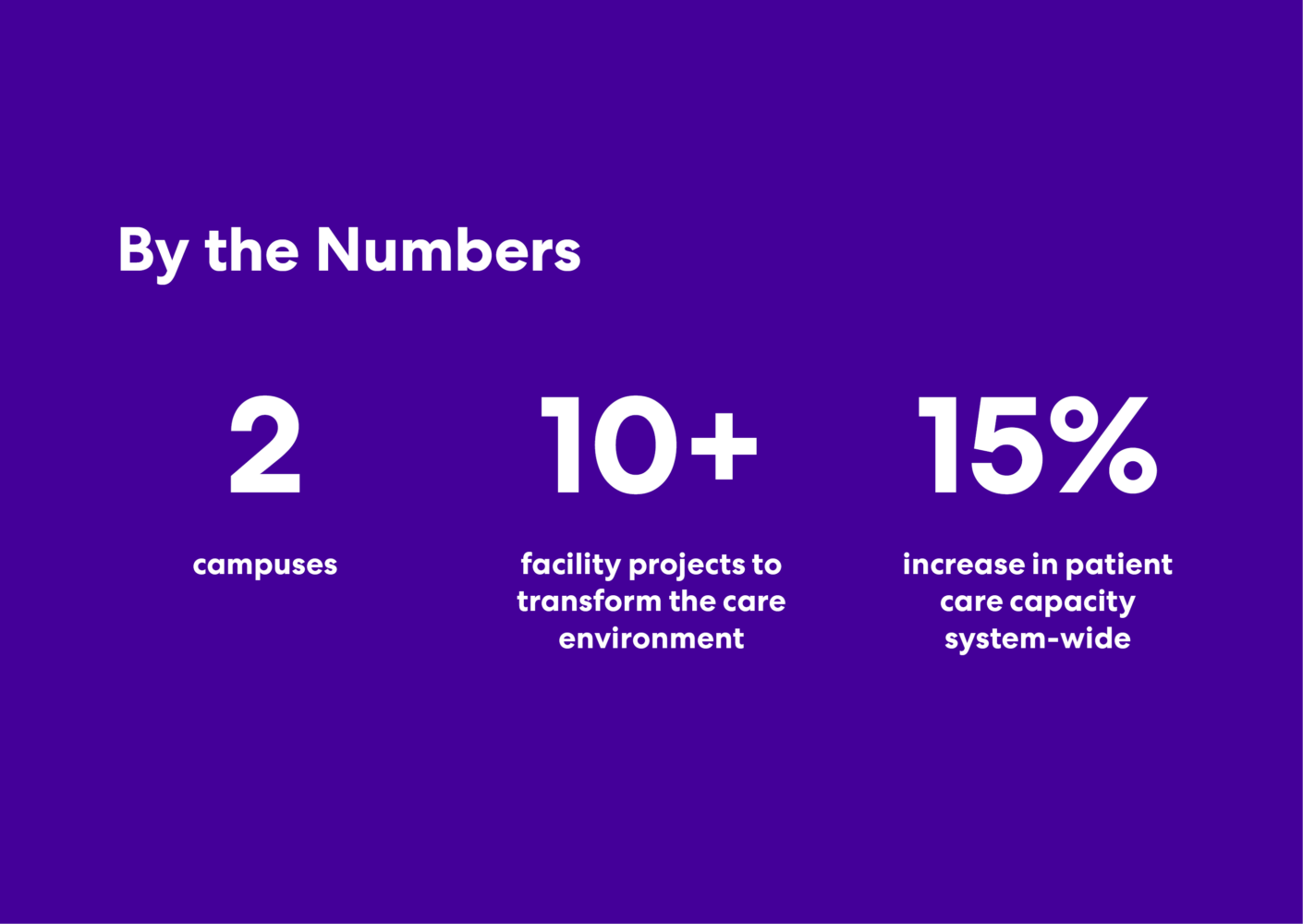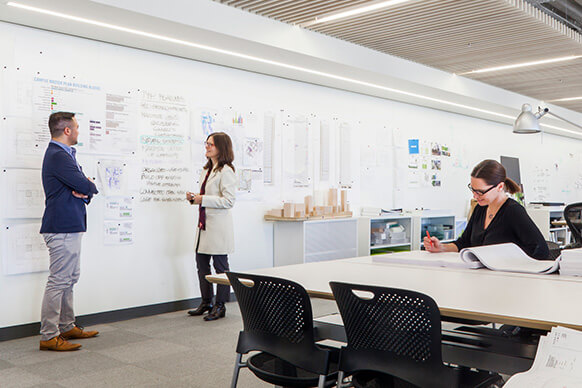Modernizing a Hospital System
Founded as the Washoe Health System in 1862, Renown Health has grown to become the largest locally owned, not-for-profit healthcare network in northern Nevada. It encompasses inpatient and outpatient services at two hospitals and numerous outpatient clinics.
Renown leadership reached out to our advisory services team in hopes of optimizing the system’s physical assets while maintaining its high standard of care. Our assignment was to develop a roadmap for transforming the two hospital campuses to enhance the clinical care model, improve the experience for patients and providers, and upgrade key infrastructure.
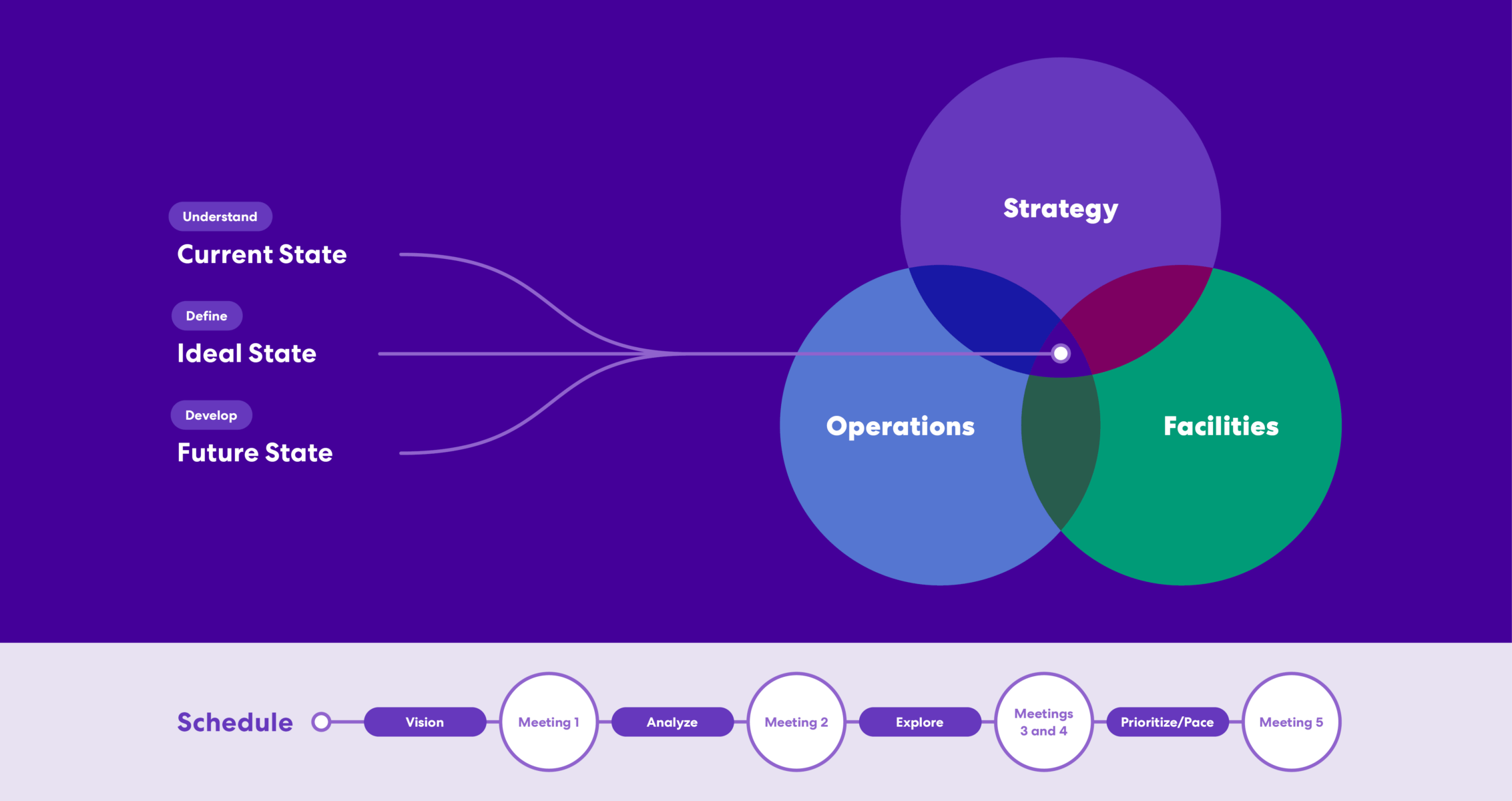
We focused on gaining a balanced perspective of Renown’s strategy, operations, and facilities teams, working with them to document current, ideal, and future states for each. We conducted a high-level functional assessment of both hospitals, interviewed stakeholders, and held intensive workshops. We also gathered data about historic and projected population trends, market share, service line profitability, and more.
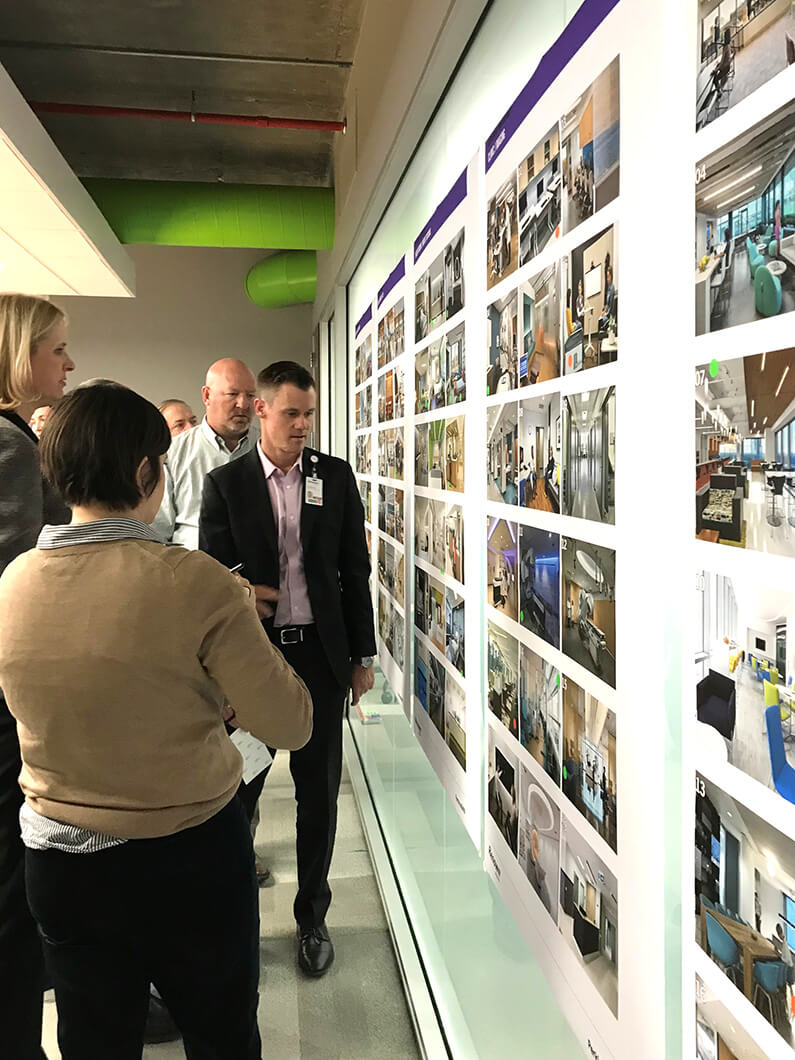
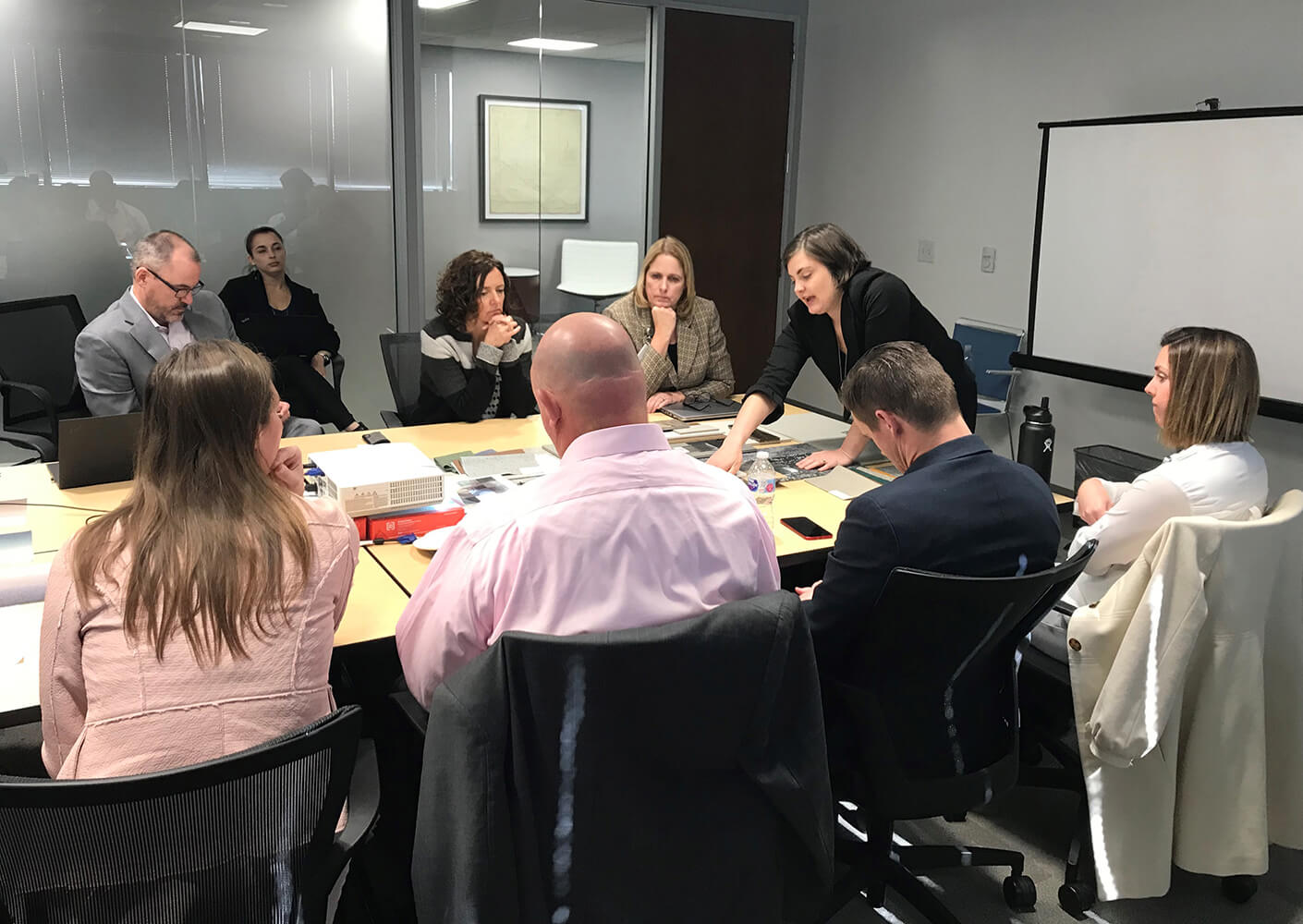
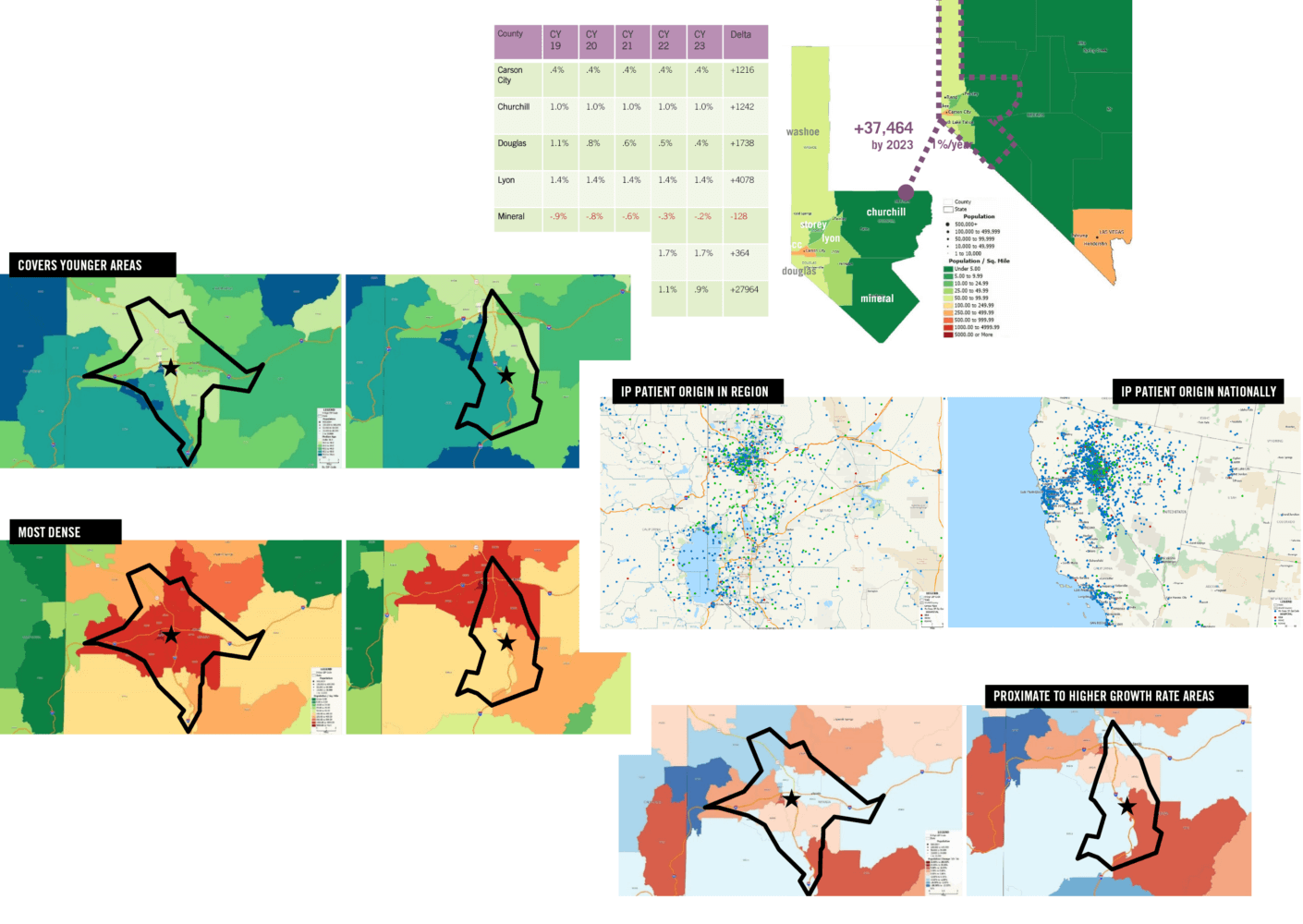
Throughout the process, we used data to gain a clearer understanding of reported space shortages at the two hospitals. For example, the steering committee expressed a desire to review the operating room (OR) capacity and utilization due to increasing demand. When we analyzed throughput, length of stay, and other data from the existing ORs, we discovered that some ORs were preferred and were truly overextended, but others were underutilized. From there we sought to understand why. Was it operational or spatial in nature? Or both? This is only one example from one department in our master plan in which our analyses, both quantitative and qualitative, revealed nuances and then fostered comprehensive solutions.
In addition to patient-facing concerns, Renown also wanted to take care of basic needs. The master plan had to account for utility infrastructure upgrades to ensure reliable long-term operations, as well improvements to critical support services’ seismic compliance.
― Ashley Dias, Healthcare Principal
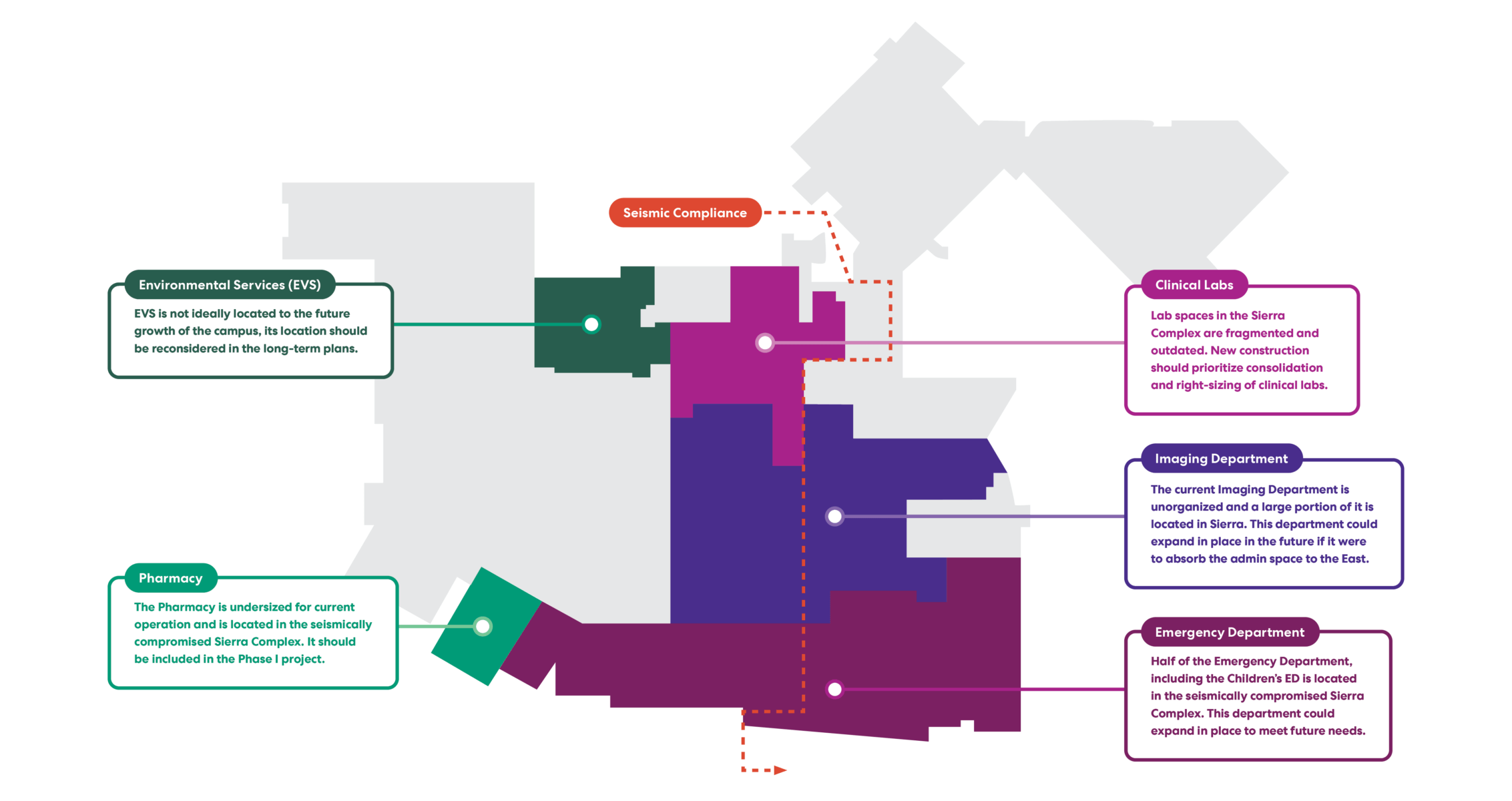
A clear master plan, developed with the balanced perspectives of strategy, operations, and facilities, became actionable architecture and was delivered through a pandemic and within budget and schedule. The multi-phased approach will allow the system to proceed incrementally as funds became available.
Renown is now well-positioned to accommodate the region’s projected growth and manage aging infrastructure. The goal is that the plan will ultimately translate into optimal clinical care and an improved experience for patients and their families, as well as caregivers and other staff.
“Our planning goals were simple: To improve upon the health and vitality of our healthcare network through the built environment,” said Samantha Koblitz, project manager at Renown Health. “We had no idea we would gain so much more. Perkins&Will cultivates a collaborative team of the highest caliber of industry professionals. The results have impressed us beyond our expectations and the process to get there was a journey of growth, exploration, and friendship.”
― Samantha Koblitz, Project Manager at Renown Health
